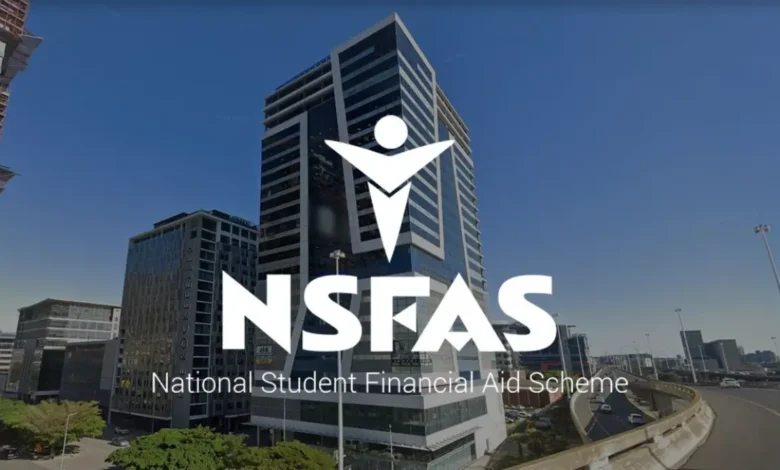Who Qualifies for NSFAS? Eligibility Criteria Explained

For many South African students, gaining access to higher education is a dream often held back by financial constraints. Fortunately, the National Student Financial Aid Scheme (NSFAS) exists to bridge this gap. NSFAS provides funding to eligible students who want to pursue their studies at public universities and TVET colleges across South Africa. But who qualifies for NSFAS, and how do you know if you’re eligible? In this article, we’ll unpack the detailed NSFAS eligibility criteria and answer some common questions.
ALSO READ: Latest NSFAS Updates: New Changes in Funding for 2025 Students
What Is NSFAS?
NSFAS is a government-run financial aid scheme administered by the Department of Higher Education and Training. It funds tuition fees, accommodation, books, meals, and transport for qualifying students who would otherwise be unable to afford tertiary education. NSFAS is not a loan in the traditional sense for first-time applicants – it is a bursary, meaning it does not need to be repaid if academic requirements are met.
General NSFAS Eligibility Criteria
To qualify for NSFAS funding, applicants must meet a specific set of requirements. These include financial, academic, and citizenship criteria. Here’s a breakdown:
1. South African Citizenship
You must be a South African citizen with a valid South African ID. NSFAS does not provide funding for foreign nationals, even if they are permanent residents.
2. Financial Need
NSFAS is designed for students from low-income households. To be eligible:
- Your total combined household income must not exceed R350,000 per year.
- If you’re a student living with a disability, the threshold increases to R600,000 per year.
- If you are an applicant who started university before 2018 and are still studying, your household income should not be more than R122,000 per year.
You will need to provide proof of income such as payslips, bank statements, or an affidavit.
3. Academic Requirements
While NSFAS does not require top academic performance, you must meet the basic admission criteria for your chosen institution:
- First-time entering students must have been accepted into a public university or TVET college.
- Continuing students must have passed at least 50% of their modules in the previous academic year to continue receiving NSFAS support.
- If you fail to meet the required academic performance, you may be excluded from funding in the next academic year unless you appeal with valid reasons.
Special Considerations: Who Else Can Apply?
NSFAS prioritises certain groups to promote access to education for all. If you fall into one of these categories, you are strongly encouraged to apply:
- SASSA grant recipients: If you receive any form of grant from the South African Social Security Agency (SASSA), such as a child support grant or disability grant, you automatically qualify for NSFAS, pending proof of admission.
- Students with disabilities: You will receive additional support including assistive devices, transport, and special accommodation allowances.
- Orphans and vulnerable children: Special provisions are made for students who have lost both parents or who are under guardianship.
Institutions Covered by NSFAS
NSFAS does not fund private colleges or universities. It only supports students who are accepted to:
- 26 public universities including Wits, UCT, UP, UKZN, and others
- 50 public TVET colleges across all nine provinces
If you’re unsure whether your institution qualifies, visit the official NSFAS website for a list of accredited institutions.
How to Apply for NSFAS
Applications for NSFAS funding usually open around September or October each year and close in January of the following year. You can apply online by:
- Registering on the NSFAS online portal.
- Completing the online application form.
- Uploading supporting documents like your ID, proof of income, and acceptance letter from the institution.
Common Mistakes That Could Cost You NSFAS Funding
- Submitting incomplete or incorrect documents
- Applying after the deadline
- Providing false information on household income
- Not meeting academic progression requirements
Make sure your application is accurate, honest, and submitted on time to increase your chances of being funded.
Understanding who qualifies for NSFAS is essential if you want to further your studies without financial stress. If you are a South African student from a low-income background and meet the academic and financial criteria, NSFAS could be your gateway to a brighter future. Be sure to apply early, follow the requirements, and keep track of your academic progress to maintain funding throughout your studies.

